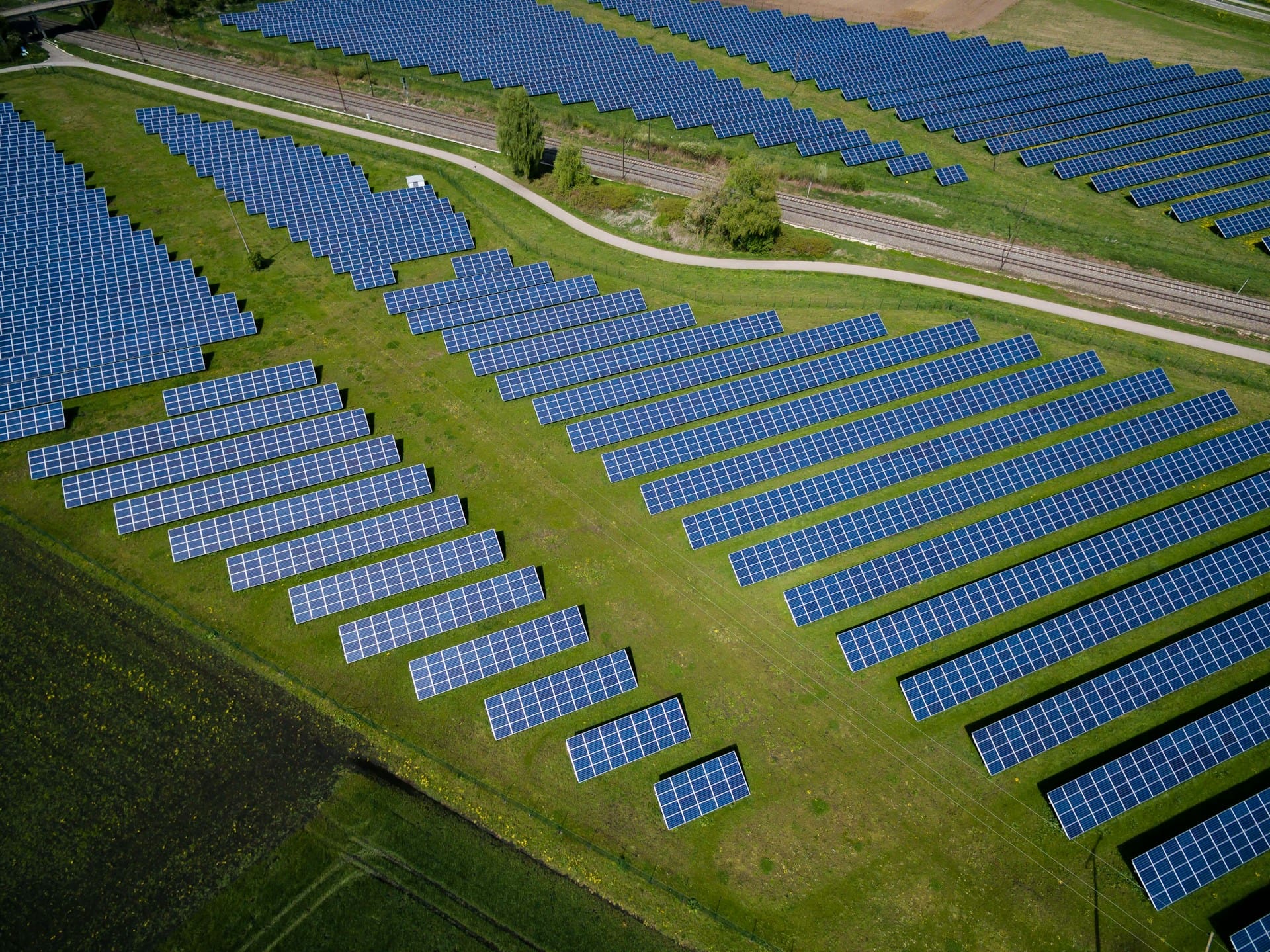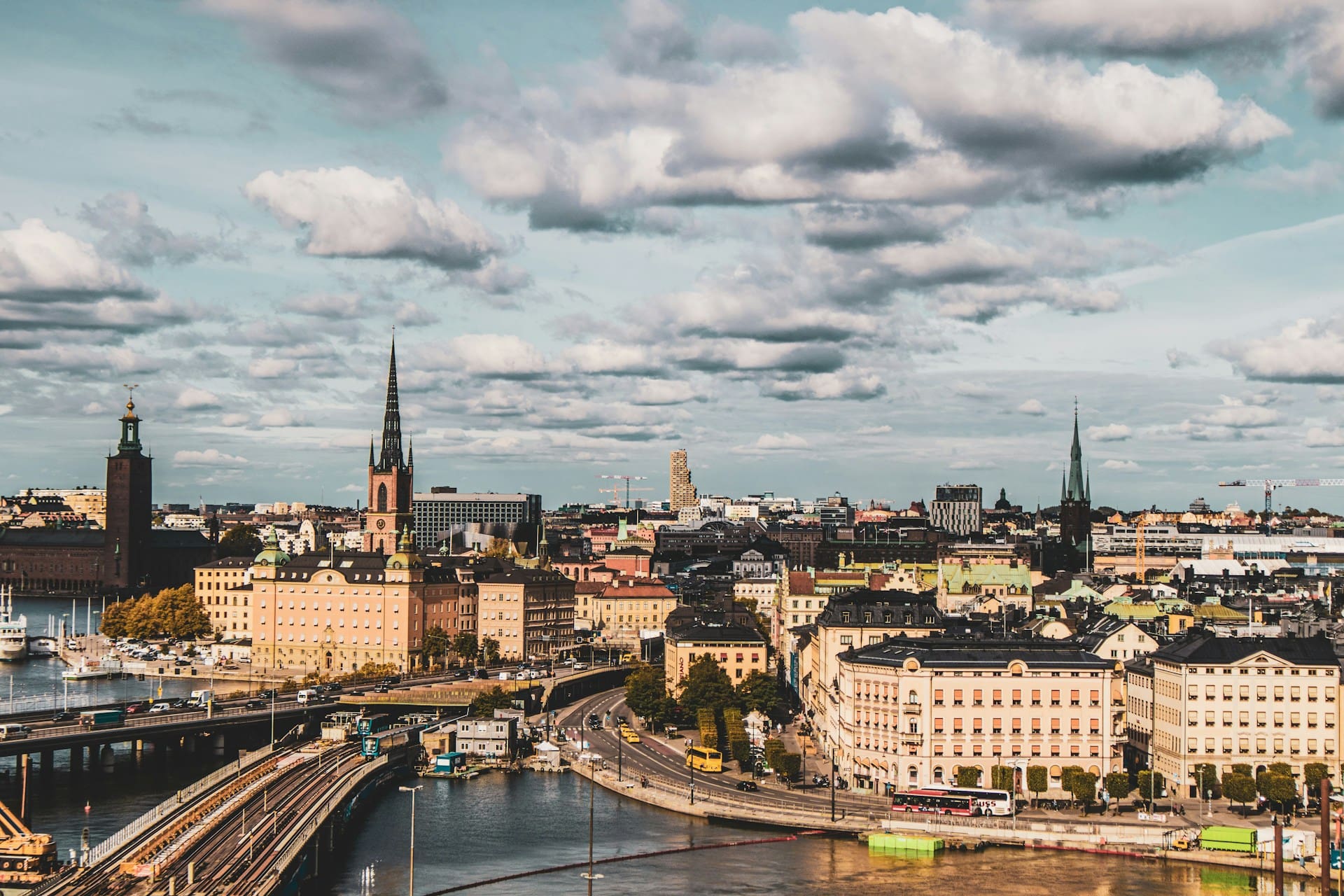On Sunday, the people of Hamburg voted to bring forward their city’s climate neutrality goal by five years. From 2045 to 2040. With 53.2% voting “yes” in the Volksentscheid Zukunftsentscheid, Hamburg becomes one of Europe’s first major cities to commit democratically to an accelerated net-zero timeline.
The decision places Hamburg ahead of Germany’s national 2045 target and even of the EU’s 2050 goal. It signals something powerful: cities and their citizens are no longer waiting for national consensus. They are setting the pace.
For business, this acceleration is more than symbolic. It reshapes investment timelines, reporting expectations, and supply chain requirements. It means that net zero by 2040 is no longer a vision. It’s now a binding reality for Europe’s third-largest port city and its 170,000-strong business community.
From Norway to Hamburg — the era of accelerated ambition
When Norway announced its plan to cut emissions by 70–75%, compared to 1990 levels and reach net zero by 2050. We noted in a previous Achilles Insight that high-ambition economies are redefining what climate leadership looks like. Hamburg’s vote continues this trend.
As public mandates strengthen, companies can no longer afford to treat decarbonisation as a long-term aspiration. It must now be built into daily operations, investment decisions, and procurement choices.
OECD findings: an economy in transition
The OECD’s 2024 report, Reaching Climate Neutrality for the Hamburg Economy by 2040, offers a detailed roadmap for this transformation. It was developed with the Hamburg Chamber of Commerce (HCC), which has already set a 2040 climate neutrality target for its members — five years ahead of city and national goals.
The report paints a clear picture of both opportunity and challenge:
- SMEs carry the weight: Small and medium-sized enterprises represent almost half of Hamburg’s economy but often lack the finance, knowledge, and capacity to decarbonise.
- Financing and disclosure gaps persist: Many SMEs cite funding and reporting burdens as major barriers to setting or implementing net-zero plans.
- Networks matter: The OECD highlights the value of business collaboration networks that help SMEs pool resources, share data, and connect with green investors.
- Energy transition urgency: With fossil-fuel boilers and industrial assets lasting 20–30 years, every investment made from now must be consistent with the 2040 target or risk becoming a stranded asset.
- Circular economy potential remains underused: While Hamburg hosts pioneering recycling and refurbishment firms, most industries still lack incentives and awareness to adopt circular models.
Crucially, the report also stresses that Scope 3 emissions — those in supply chains — will determine success or failure. Businesses cannot meet climate neutrality without credible, verifiable supplier data and collaboration across tiers.
The supply chain challenge: data, trust, and delivery
The “Volksentscheid” sends a strong signal, but implementation lies in the hands of thousands of interconnected businesses. According to the OECD, Hamburg’s port, manufacturing, and service industries all rely on extensive regional and international supply networks. Each with its own emissions footprint and reporting culture.
This is the next frontier of climate action. The pain points are well known:
- Complex and opaque supplier ecosystems, often spanning multiple countries.
- Inconsistent emissions data, especially among SMEs.
- Rising disclosure requirements under the EU Corporate Sustainability Reporting Directive (CSRD).
- The need to align procurement, logistics, and finance with science-based targets.
Hamburg’s 2040 deadline leaves little room for fragmented action. Businesses will need to integrate verified ESG data into procurement processes, measure progress year by year, and ensure suppliers are part of the same transformation path.
How Achilles enables practical climate action
This is precisely where Achilles supports progress. The OECD calls for regional networks that help companies share knowledge, access finance, and scale decarbonisation. Achilles communities already provide that infrastructure globally.
- Verified supplier data – Achilles ensures supplier information is independently validated and standardised across ESG metrics, improving reliability for both regulators and investors.
- Carbon Reduce programmes – Our Carbon Reduce certification helps suppliers measure, manage, and cut emissions, covering Scope 1, 2, and 3 in line with the Greenhouse Gas Protocol and science-based targets.
- Connected networks – Achilles connects buyers and suppliers within and across industries, fostering the same collaboration models the OECD identifies as essential for SMEs.
- Regulatory readiness – Our compliance frameworks anticipate EU directives like CSRD, allowing procurement teams to meet new legal standards while focusing on performance.
In short, Achilles operationalises what Hamburg — and many other regions — are now legislating: measurable, transparent, and verifiable decarbonisation across supply chains.
Accelerating together
Reaching climate neutrality by 2040 will require collective acceleration. Hamburg’s vote shows that ambition is not the problem. Execution is. The good news is that the tools exist. Verified data, shared standards, and collaborative supply networks are not futuristic ideas; they are operational realities.
At Achilles, we see this momentum across our global network every day: buyers demanding transparent emissions data, suppliers acting early to retain contracts, and entire industries shifting from reporting to reduction.
Hamburg’s new timeline raises the bar for everyone. But it also creates a blueprint — one where policy, business, and supply chains move in sync to turn climate neutrality from an aspiration into an achievement.


